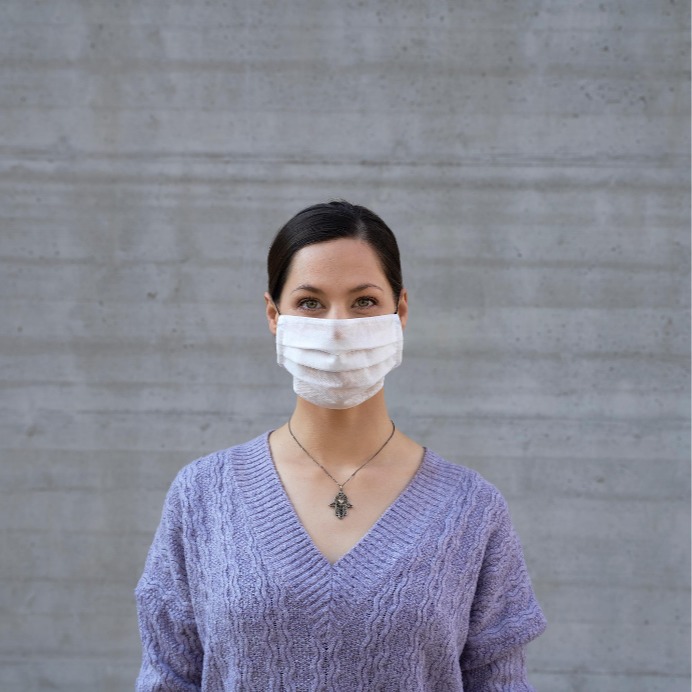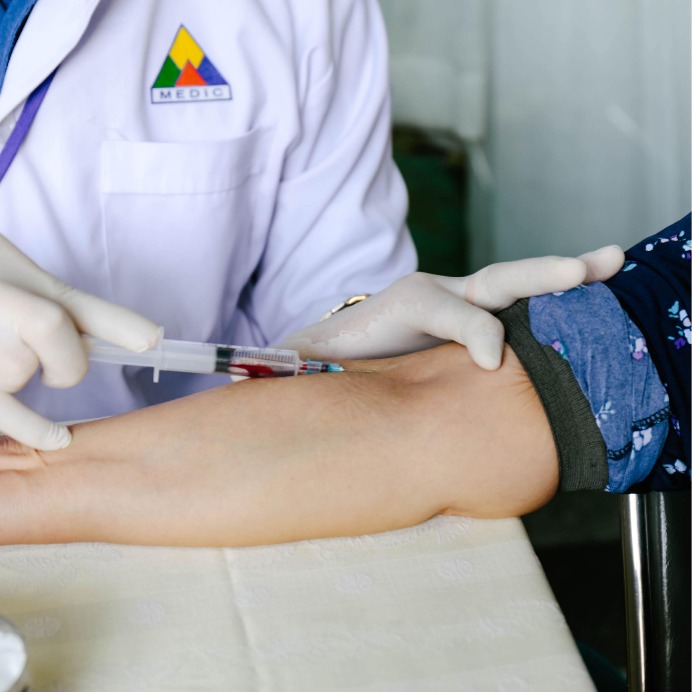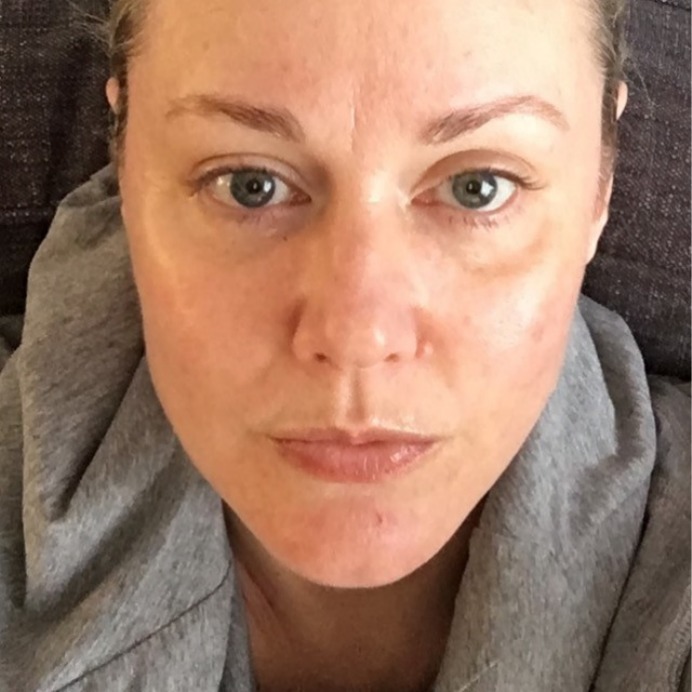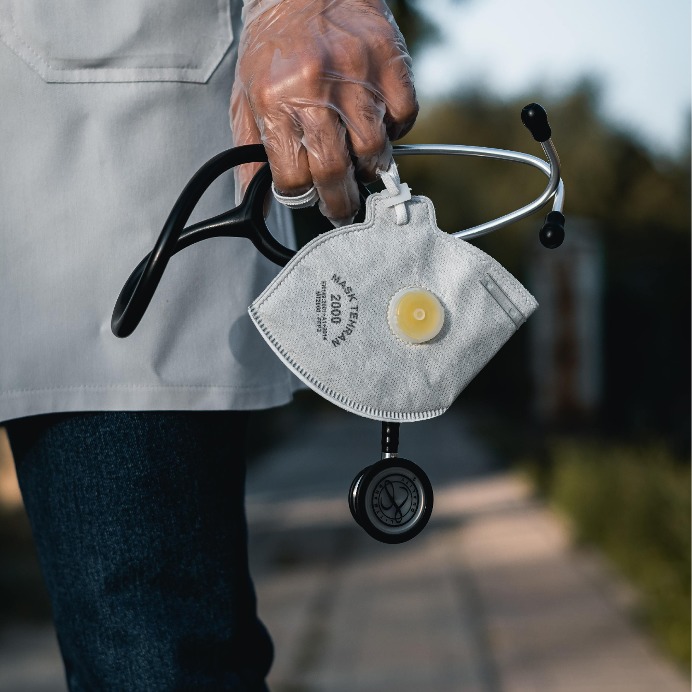By continuing to use our site, you consent to the processing of cookies, user data (location information, type and version of the OS, the type and version of the browser, the type of device and the resolution of its screen, the source of where the user came from, from which site or for what advertisement, language OS and Browser, which pages are opened and to which buttons the user presses, ip-address) for the purpose of site functioning, retargeting and statistical surveys and reviews. If you do not want your data to be processed, please leave the site.
The Voice of People With Breast Cancer
Education
Our Voices Blog
Lifestyle and Nutrition Considerations for Breast Cancer Patients Series, Part 2: Three Breast Cancer Diets That Harm Not Heal
The feeling appears on the heels of a breast cancer diagnosis so quickly I think the doctor delivering the “It is cancer” news should in the same breath say, “For the rest of your life, prepare to surrender any assumptions that you ever held even a modicum of control over your health, you foolish woman.” Certain you’ll never regain your equilibrium, you search desperately for the first thing that hints even slightly as an option to ground and balance you. For many women, that “first thing” is food. Unhealthy, unsustainable dieting habits all start somewhere and unfortunately, fad diets constantly cycle through the breast cancer community.
Is It Safe To Go For Cancer Treatments During the COVID-19 Pandemic?
The COVID-19 pandemic has been particularly concerning and challenging for many cancer patients and their families. As you’ve most likely heard by now, cancer patients and survivors may be at higher risk of complications from COVID-19 because cancer and cancer treatments can contribute to weakened immune systems. This has left many patients with questions on how best to navigate their cancer care, including whether it is safe to continue their treatment, will their health care be de-prioritized by the healthcare system and how they can reduce their risk of contracting the virus.
Being a Mother with a Breast Cancer Diagnosis
Women are multi-dimensional and getting a breast cancer diagnosis does not change that. It doesn’t stop mothers from being mothers, daughters from being daughters, sisters from being sisters, etc. While a breast cancer diagnosis may put a pause on things such as your job and careers, some of the multi-dimensional roles and responsibilities that women play in life continues. One of these roles is being a mother. In honor of Mother’s Day, we asked breast cancer patients to share with us the age at which their children were, when they were diagnosed with breast cancer. We wanted to know how breast cancer impacted their life as a mother, and vice versa. Here are just some of their stories.
Clinical Trials Part 2: Debunking Common Myths About Clinical Trials
In part 1 of our blog series on clinical trials, we explained what clinical trials are, why you should participate in them and how to get more information about participating. You may now be familiar with clinical trials but still hesitant about enrolling in one because of certain concerns that you may have. These concerns are valid as many breast cancer patients have these same concerns. However, some of these concerns about clinical trials are ill-informed. In part 2 of our blog series on clinical trials, we debunk some of the most common myths surrounding clinical trials. We hope that this will provide you with some fact-based information to make a more informed decision about whether or not clinical trials are right for you.
How Breast Cancer Prepared Me For COVID-19
Breast cancer prepared me for COVID. Actually, if I want to be really accurate, radiation prepared me for it and almost everything else that has come courtesy of the global pandemic.
Getting Through Hair Loss Following a Breast Cancer Diagnosis
Hair loss is something that some women who are diagnosed with breast cancer face. Hair can be a huge part of a person’s identity, especially for a woman. The way your hair looks can communicate a lot to others about the type of person you are. Therefore, it’s understandable that losing your hair following a breast cancer diagnosis can add distress to an already devastating situation. In order to bring some relief and sense of control should you have to deal with hair loss, we outline why and when hair loss occurs as well as things that you can do to get through it.
Lifestyle and Nutrition Considerations for Breast Cancer Patients and Survivors Series, Part 1: Why You Can’t Get Consistent Answers to Your Nutrition Questions
Two years ago, I had the sincere pleasure of attending my first oncology nutrition symposium, a biennial event hosted by the Oncology Dietetic Practice Group of the Academy of Nutrition and Dietetics. Nutrition science ruled at this event, and “voodoo nutrition” based on conjecture, personal opinion, philosophies, and miracle cures was denied a seat at the table.
What Your Oncologist Wants You To Know During The COVID-19 Crisis
Dealing with breast cancer is challenging at the best of times, but in this time of uncertainty and when our health care system is having to quickly adapt to the impact of COVID-19, cancer patients are facing increased challenges and changes to treatment schedules and doctors’ appointments. This can bring additional anxiety and questions around how these changes will impact the success of treatments.
How Handwashing and Social Distancing Can Keep You Safe
By now we've all heard the tips for how to stay safe during the COVID-19 pandemic: wash your hands, stay at home and practice social distancing. However, what might not be as widely shared and known is why and how these health tips help. While protecting yourself, your family and your community is important, equally important is understanding why you are being told to do certain things and how they help. Therefore, we’ve decided to explore the benefits and reasoning behind the two most repeated and shared mantras amidst the COVID-19 crisis.
Breast Cancer Care and Awareness for Trans and Non-binary Individuals
Being trans can mean not being accepted or validated in many facets of society. Unfortunately, this erasure can also occur within the healthcare sector. On this Trans Day of Visibility, we will be highlighting some facts and statistics about breast cancer for trans individuals.













